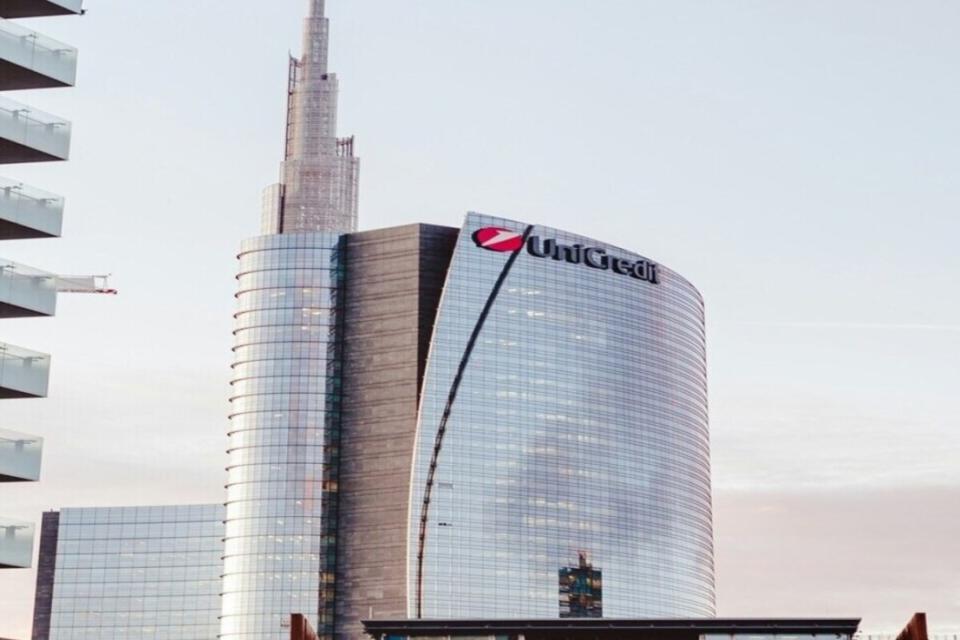Top British court orders Gazprom unit to drop £387m Russian claim against Italian bank UniCredit

The UK’s highest court has upheld a decision that England has the right to block a Gazprom unit’s Russian lawsuit against Italian bank UniCredit.
RusChemAlliance (RCA), a subsidiary of Russian energy giant Gazprom, is suing Italian bank UniCredit in the Arbitrazh Court of St Petersburg and the Leningrad Region.
RCA is a special purpose company for implementation of the construction project for a gas processing plant within Russia. This saw the involvement of UniCredit as it issued seven on-demand bonds in favour of RCA to a total value of approximately €420m.
However, the construction of the gas plant hit a hurdle after the Russians invaded Ukraine, resulting in a swarm of sanctions against the county. The contractor of the plant was not allowed to continue due to EU sanctions.
RCA went on to issue proceedings against UniCredit, as well other banks, at the Russian court as it sought recovery of €448m (£387m) under the bonds
The Italian bank alleges that this legal challenge was in breach of the arbitration agreements in the bonds, as the bonds are governed by English law and disputes are for the Paris arbitration seat.
The bank sought, among other things, an anti-suit injunction requiring RCA to discontinue the Russian proceedings. Initially, the High Court declared it had no jurisdiction to hear the claim on the grounds that the arbitration agreements were governed by French law.
However, the Court of Appeal allowed UniCredit’s appeal and granted an injunction requiring RCA to discontinue the Russian proceedings.
The Russian energy company took that ruling to the Supreme Court. On Tuesday, at a two minute hearing, Lord Robert Reed disclosed that despite the court now being in a position to issue a full judgment, he could revealed that the court was dismissing the claim.
Lord Reed noted that his “gratitude” to the Russian court which was currently adjourned until 6 May as it was awaiting the Supreme Court’s ruling. He stated that this is why the court was disclosing its decision today, while it awaits a full judgment to be handed down detailing its reasons.
By dismissing RCA’s appeal, the Court of Appeal ruling still stands which ordered RCA to terminate the Russian proceedings.
Commenting on this ruling, Ajay Malhotra, a partner at City-based law firm Herbert Smith Freehills welcomes this decision.
He explained that over the past year, there has been a significant increase in claims in the Russian courts brought by Russian parties subject to UK and US sanctions against foreign counter-parties.
“The Russian court has readily accepted jurisdiction despite the parties’ agreement to arbitration, on the basis that sanctioned parties would face obstacles to justice in arbitration proceedings or English court proceedings. This is despite Russian sanctioned parties bringing their own claims in these forums,” he added.
Despite this, Malhotra stated that “Russian sanctioned parties may not withdraw Russian court claims as a result of an anti-suit injunction obtained against them in the English Court.” He noted that “in some cases, we have seen them apply for their own competing anti-suit injunction in the Russian court”.
“English anti-suit injunction, like those affirmed by the Supreme Court, may however be used to resist enforcement in third party countries which recognise Russian court judgments,” he concluded.
UniCredit and RusChemAlliance were contacted for a comment.

 Yahoo Finance
Yahoo Finance 